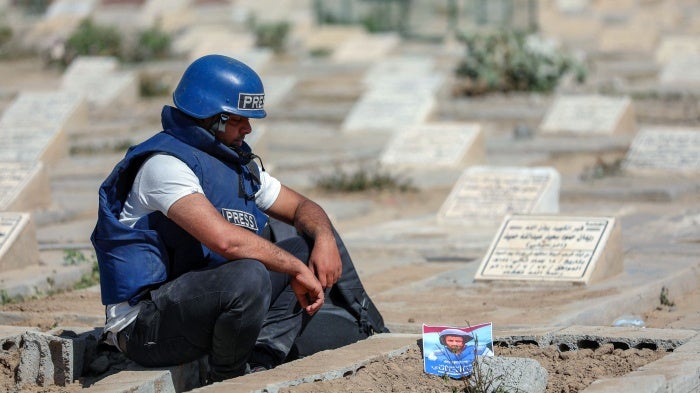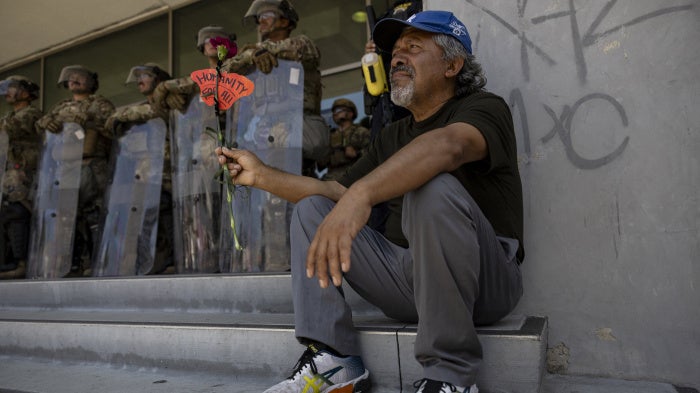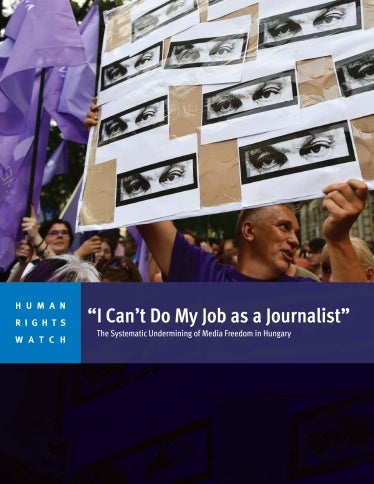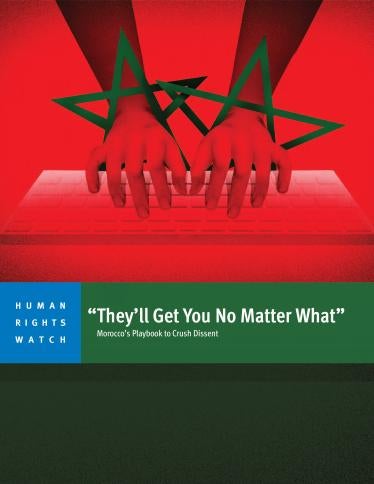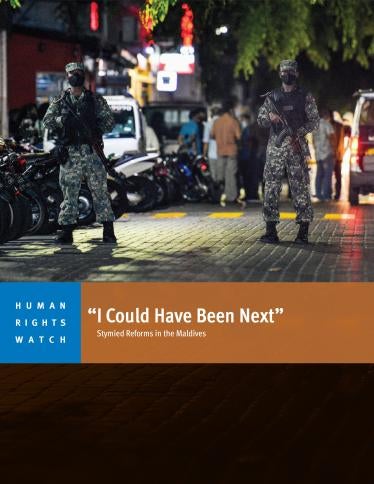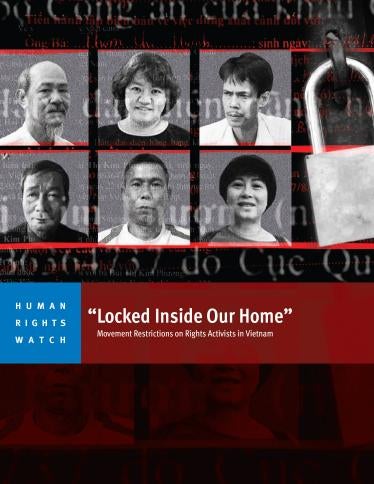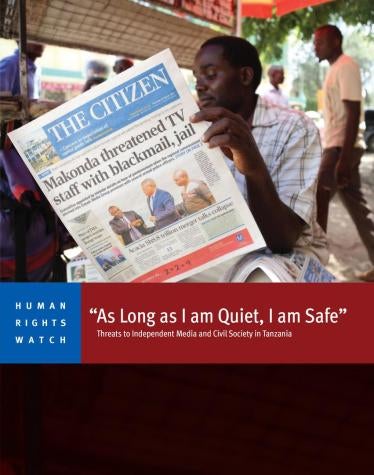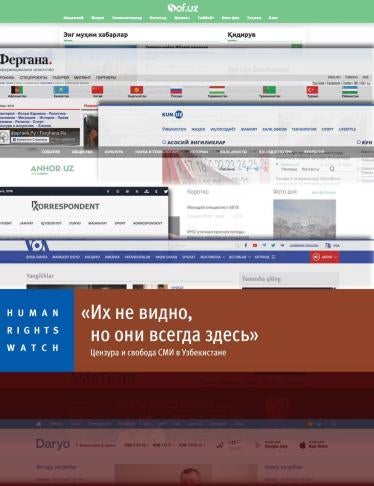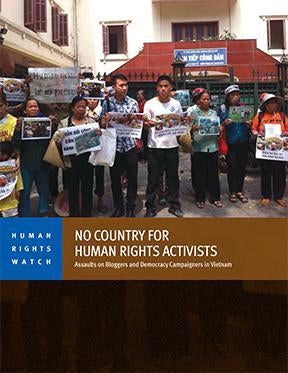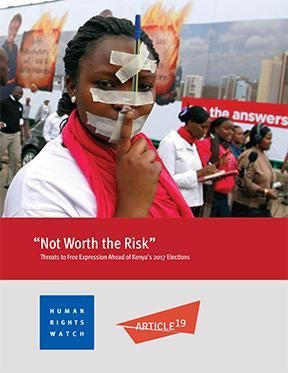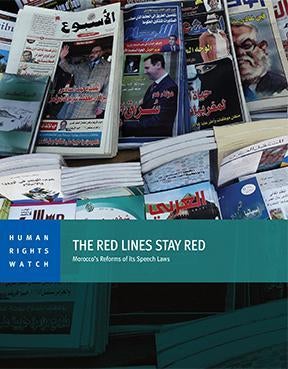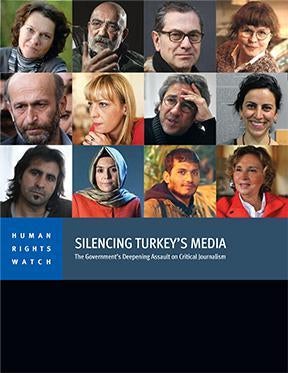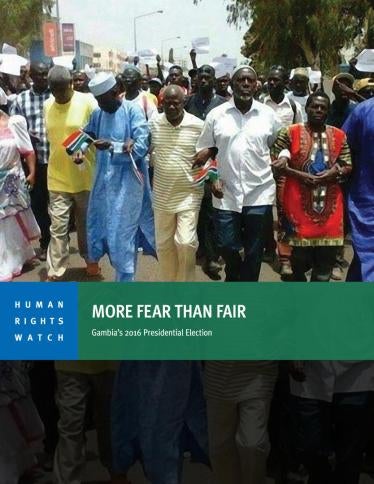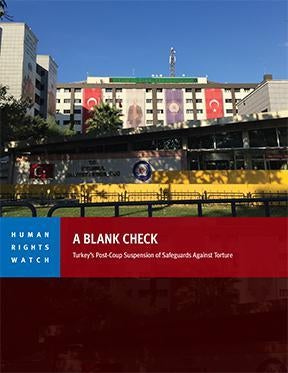“We Pray to God by Torturing Journalists”
Warring Parties’ Systematic Violations Against Journalists and Press Freedom in Yemen
The 59-page report, “‘We Pray to God by Torturing Journalists’: Warring Parties’ Systematic Violations Against Journalists and Press Freedom in Yemen,” documents the warring parties’ wide range of violations against journalists and media institutions, including the widespread use of arbitrary detention, enforced disappearances, torture, and other inhuman treatment. The authorities on all sides of the conflict have also carried out broader violations against Yemenis’ right to free expression and against the media, including seizing media organizations, intimidating and harassing media workers and obstructing their movement and work.

